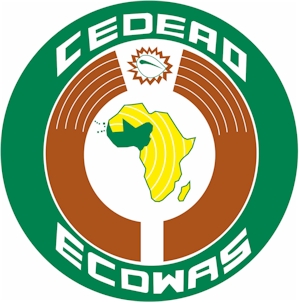Background information
Aware of the importance of the agricultural sector in the development of the West African region, the ECOWAS Heads of State and Government adopted the ECOWAS Agricultural Policy (ECOWAP) on January 19, 2005, in Accra, Ghana.
To implement this policy, on October 23, 2009, in Yamoussoukro, Republic of Côte d’Ivoire, the extraordinary session of ministers of regional integration, agriculture, trade, economy, and finance of the 15 ECOWAS member States recommended the creation of an operational technical agency with administrative and financial management autonomy to provide effective services to member States and the region in the field of agriculture and food.
Accordingly, the Regional Agency for Agriculture and Food (RAAF) was created by Regulation C/REG.1/08/11 during the sixty-sixth ordinary session of the ECOWAS Council of Ministers held in Abuja, Nigeria, from August 17 to 19, 2011, on the recommendation of the Specialized Ministerial Committee on Agriculture, Environment, and Water Resources of the ECOWAS member States.
RAAF’s mandate is to ensure the technical implementation of regional investment programs and plans that contribute to the operationalization of the regional agricultural policy, drawing on regional institutions, organizations, and stakeholders with proven expertise.
Officially launched on September 27, 2013, RAAF is a specialized technical agency based in Lomé, Togo, under the Headquarters Agreement signed on November 26, 2012, between the ECOWAS Commission and the Republic of Togo. Over the years, with the leadership of the ECOWAS Commission as well as the increasing involvement and interest of technical and financial partners, RAAF’s project portfolio has grown significantly.
What we do
RAAF’s mission is to contribute to the implementation of the regional agricultural policy, ECOWAP, whose objective by 2025 is to “contribute in a sustainable manner to meeting the food needs of the population, economic and social development, and reduction of poverty in member States, as well as of inequalities between territories, zones, and countries”.
Specifically, RAAF has the mandate to :
- Strengthen the technical intervention capacities of the ECOWAS Commission in the agro-sylvo-pastoral and fisheries sector in terms of investment program implementation, strategic guidance, regulations, and oversight.
- Coordinate the activities and interventions of specialized technical institutions in the agro-sylvo-pastoral and fisheries sectors, in the interest of rationalization.
- Contribute to capacity building of regional and national stakeholders in terms of project preparation, implementation, monitoring and evaluation, as well as communication/visibility of activities.

















